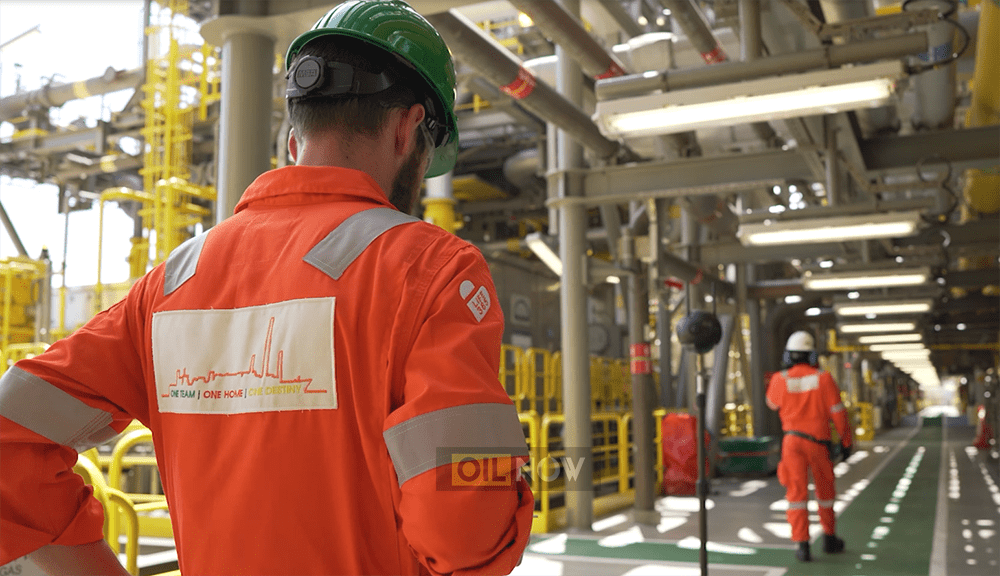Since Guyana gained its independence in 1966, the country’s chief economic assets have been its natural resources, mainly its pristine rainforests, sugarcane plantations, rice fields, and bauxite and gold reserves.
But despite exploitation of these resources over the decades, the country has remained one of the poorest in South America.
Ethnic division and mistrust fueled by politics, a history of corruption, and the absence of strong independent institutions are the primary factors which have hindered the country’s progress.
Guyana is listed at 93 out of 175 countries on the 2018 Corruption Perceptions Index as reported by Transparency International (TI). Corruption Rank in Guyana averaged 119.07 from 2005 until 2018, reaching an all-time high of 136 in 2013 and a record low of 91 in 2017. While a series of laws and institutions have been established to tackle corruption, they face major implementation challenges due to lack of capacity, resources and trained staff.
Just four years after having no known oil resource, the country is about to embark on a new journey as a result of the discovery of billions of barrels of crude offshore by US oil major, ExxonMobil. The company has made a total of 14 discoveries at its Stabroek Block while London-headquartered Tullow Oil recently made 2 at the nearby Orinduik Block. Other companies are also ramping up exploration activities offshore and the start of oil production is now just months away.
Although terms outlined in the Production Sharing Agreements have been the focus of much attention, with some arguing the country should earn more, billions of dollars in oil revenue will nevertheless begin flowing to the state over the next decade.
Guyana’s crude oil resources are the 5th largest in the world relative to its 2018 GDP, and the 11th largest on a per capita basis. The International Monetary Fund (IMF) forecasts that the economy will grow 86% in 2020 as oil production comes online, and average 13.7% growth over the following four years. According to the IMF, oil will account for around 40 percent of the country’s GDP by 2024.
Respect for the rule of law and strengthening institutions so that public officials can be held accountable for their actions will be the precursor to any economic boom Guyana is to enjoy from oil production.
Political uncertainty over the past 10 months triggered by the passage of a no-confidence motion against the multi-party coalition APNU+AFC government has also served as a reminder that democratic norms the country has enjoyed in recent years, still remain tenuous.
While the two main political parties – each representing around 50 percent of the population – have made it clear that none trusts the other with the management of oil revenue, the establishment of a bi-partisan mechanism for this purpose has not yet been fully worked out.
With the election of a new government now set for March 2020, it will ultimately be up to the Guyanese people to determine who is entrusted with management of oil revenue as production begins. What is clear is that Guyana has very little time remaining to finally get things right.



